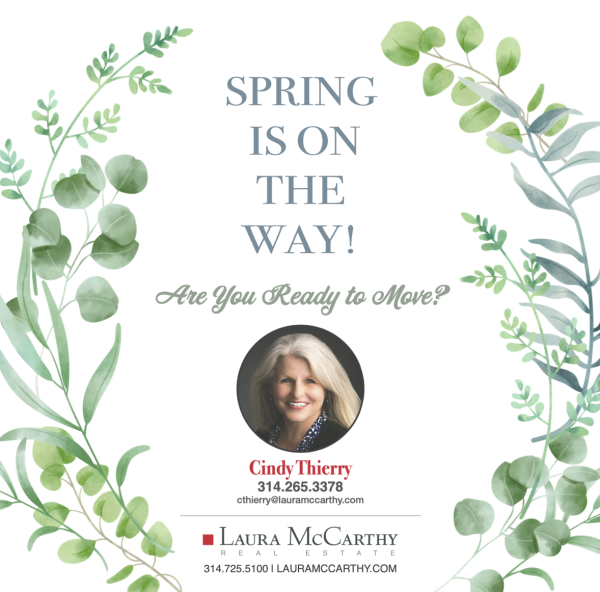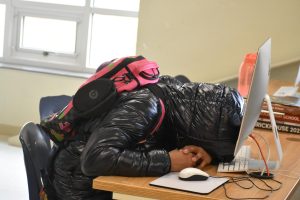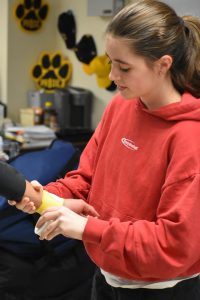Hear me!
May 14, 2018
Throughout most my school experience, I’ve been apart of a small minority group. Honestly, I only hung out with the people I did because they looked like me. Most of the students I surrounded myself with didn’t really put as much effort in their work or behave as well as the rest of us did. Teachers and other students didn’t pay much attention because their actions were just normal. The students who applied themselves were always singled out because we didn’t act the way the others did. I began to notice some special treatment and started to view school from two different perspectives. A mix between privileged, because I was put in a category with the other students who didn’t have to worry about teachers confronting us about work or behavior all the time, and underprivileged because at the end of the day, I’m still black and no matter how smart or well behaved I am teachers might have some type of prejudice against me and the other students. Recently, I started to wonder about other black students who didn’t have any type of privilege in school. I started to wonder how they handle certain situations or stereotypes that they encountered during their own school experience.
A 14- year old student from Philadelphia was charged with harassment, cyberbullying and terroristic threats after posting several controversial Instagram posts that were directed towards a group of black student at his school. The posts read things like “If you guys come to school tomorrow, you will die,” and “I feel bad for y’all. Because y’all think it’s a joke. Each and everyone on those n–s will be killed tomorrow.” A student was interviewed saying, “I felt that was disrespectful, because we don’t do nothing to nobody.” These kids don’t feel safe at their school and especially around their peers. A group formed at the school called Black Students Union, BSU for short, is the only place where they can feel comfortable and safe and not worry about being judged and harassed by their schoolmates.
Most privileged people might presume that if black/minority students take an interest in their school work, have better grades than their peers, or speak, act, and dress a certain way other than the stereotypical norm, they may be trying to “act white.” A quote from an article by Jenée Desmond-Harris said “too many black students don’t do well in school because they think being smart means “acting white.” In 1999, psychologist Angela Neal-Barnett held a focus group asking students what their opinions were on how acting white looked like. Their responses were speaking standard English, enrolling in an advanced placement classes, and wearing clothes from the Gap or Abercrombie & Fitch. In fact, our former president Barack Obama said, “It is the fact that reading a book or getting good grades might be perceived as acting white.”
Classmates aren’t always the cause of these stereotypes and discriminations in schools. In addition, parents, teachers and faculty members can cause doubt and hesitancy in an African American student’s education. A student who may attend a predominantly white school and is surrounded by little to no other students that look like them would feel some pressure to keep up with the other students academically. Putting a child under such pressure to be like everyone else, learn at the same pace as other students can be stressful. Adolescents want to fit in with their peers and that’s kind of hard to do when your teachers are pushing you to succeed at everything. This could cause students to feel like there is no one to help them when they need it or make them feel like they are just used for taking tests.
The purpose of my writing wasn’t to denounce certain people or schools, but to shed light on racial acceptance in schools for African American and other minority students. It’s important for people to not only acknowledge but to demand change in schools. I have witnessed and experienced racial discrimination as well as certain expectations and stereotypes in my own school experiences. Racial bias is an urgent issue in schools and the world and needs to be recognized and discussed in today’s society.






































